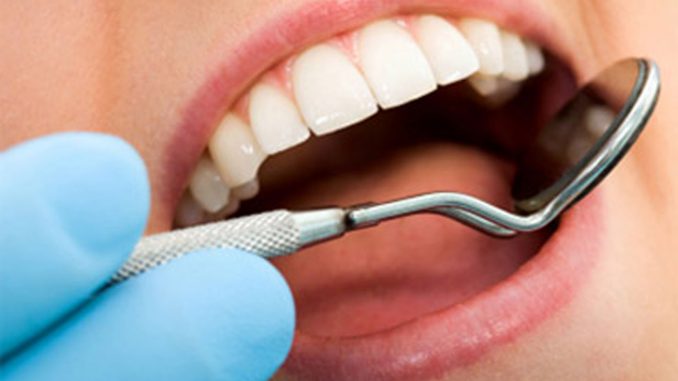Maintaining healthy teeth and gums is a lifelong commitment. The earlier you learn proper oral hygiene habits — such as brushing, flossing, and limiting your sugar intake — the easier it’ll be to avoid costly dental procedures and long-term health issues.
The situation of Oral health usually gets unnoticed but is seriously affecting the population. The concern for oral health should be taken gravely by everyone.
The alarming statistics tell us that nearly 100 percent of adults have at least one dental cavity and between 15 and 20 percent of adults ages 35 to 44 have severe gum disease. In most countries, out of every 100,000 people, there are between 1 and 10 cases of oral cancer.

The majority of oral health conditions are dental caries (tooth decay), periodontal diseases, oral cancers, oral manifestations of HIV, oro-dental trauma, cleft lip and palate, and noma (severe gangrenous disease starting in the mouth mostly affecting children). Most oral health conditions are largely preventable and can be treated in their early stages.
The Global Burden of Disease Study 2017 estimated that oral diseases affect close to 3.5 billion people worldwide, with caries of permanent teeth being the most common condition.
Globally, it is estimated that 2.3 billion people suffer from caries of permanent teeth and more than 530 million children suffer from caries of primary teeth. The burden of oral disease is much higher in poor or disadvantaged population groups.

In most low- and middle-income countries, with increasing urbanization and changes in living conditions, the prevalence of oral diseases continues to increase. This is primarily due to inadequate exposure to fluoride (in the water supply and oral hygiene products such as toothpaste) and poor access to oral health care services in the community.
The marketing of food and beverages high in sugar, as well as tobacco and alcohol, has led to the growing consumption of products that contribute to oral health conditions and other non-communicable diseases.
Causes OF Dental And Oral Diseases.
The oral cavity collects all sorts of bacteria, viruses, and fungi. Some of them belong there, making up the normal flora of your mouth. They’re generally harmless in small quantities. But a diet high in sugar creates conditions in which acid-producing bacteria can flourish.
This acid dissolves tooth enamel and causes dental cavities. Bacteria near your gumline thrive in a sticky matrix called plaque. Plaque accumulates, hardens, and migrates down the length of your tooth if it isn’t removed regularly by brushing and flossing.

This can inflame gums and cause the condition known as gingivitis. Increased inflammation causes the gums to begin to pull away from the teeth. This process creates pockets in which pus may eventually collect. This more advanced stage of gum disease is called periodontitis.
There are many factors that contribute to gingivitis and periodontitis including -:
- Smoking
- Poor brushing habits
- Regular snacking on sugary contents and drinks
- Diabetes
- Genetics
- Hormonal changes in women
- Acid reflux or Heartburn
- Frequent vomiting due to acid
- Certain Infections like HIV and AIDS

San Diego Periodontics and Implant Dentistry
The link between oral and general health.
Oral health has risen in importance in recent years, as researchers have discovered a connection between declining oral health and underlying systemic conditions. It turns out that a healthy mouth can help a person maintain a healthy body. According to the Mayo Clinic, oral bacteria and inflammation may be associated with:
- heart disease
- endocarditis, or inflammation of the lining of the heart
- premature birth
- low birth weight
Bacteria can spread from the oral cavity to the bloodstream, causing infective endocarditis. Infective endocarditis is a life-threatening infection of the heart valves.
Also Read: Shifting your sleep pattern by one-hour cuts depression risk by double digits:































